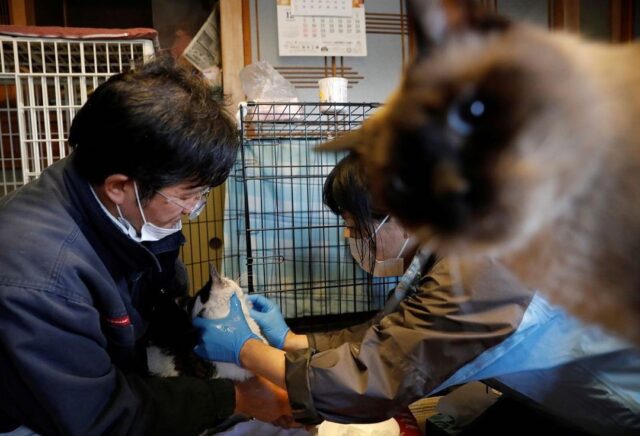Ten years ago, disaster struck Japan in waves. First, a 9.0 earthquake hit off the northeast coast, rattling the country and sending effects rippling around the world.
In addition to theories stating the quake shortened Earth’s days, the effect of such force actually moved the island nation of Japan 8-13 feet according to reports on the incident.
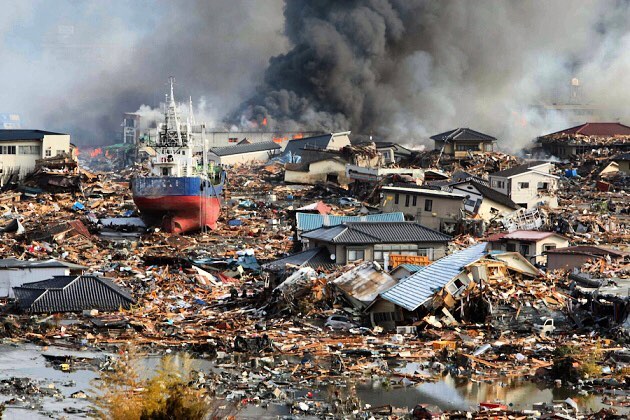
The quake triggered a massive tsunami that smashed into the coast with waves over 12 stories high. The losses were immense, but the anguish kept coming, next in the form of the nuclear disaster at Fukushima Daiichi Nuclear Power Plant. After the seawall was breached by a 50-foot wave, the plant failed, and radiation plumed into the sky, sending already terrified residents fleeing.
But many brave souls remained to clean up the devastation. One of these people was Sakae Kato. Having owned a small construction company before his life was upended by disaster, Kato stayed while 160,000 others fled. In helping clear destroyed homes, Kato was struck by the number of dead companion animals he saw. He also felt compelled to care for the cats who roamed free and abandoned.
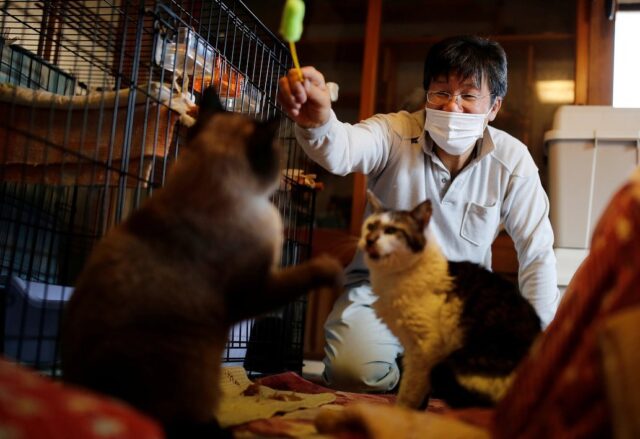
A decade later, Kato is still there.
Until the Last One
And he shared that he won’t go until his time on this mortal coil expires.
“I want to make sure I am here to take care of the last one,” Kato told Reuters. “After that I want to die, whether that be a day or hour later.”
He currently has 41 cats under his wing and has buried 23 in his garden. He loves the cats, calling them his kids. Their care is so important to Kato; he goes without running water, collecting it from a mountain spring near his home. Kato keeps the feral cats protected, too, feeding them in a shed kept warm with a paraffin stove.
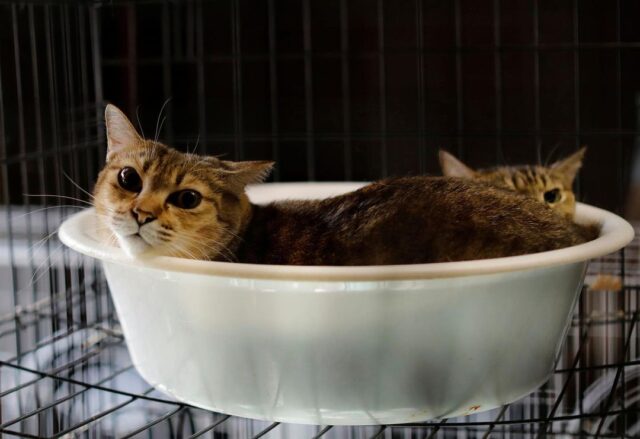
His own home is in a contaminated quarantine zone of Fukushima and falling to pieces. The two-story house, once solid and strong, sags and holes show in the walls and roof. The walls now lean because of recent seismic activity. As a construction pro, Kato thinks “it might last another two or three years.”
Still Not Leaving
Kato is technically not allowed to dwell there, only to visit. Japanese officials have asked him to leave more than once, but he’s not going. This devoted cat lover is adamant about staying on the land that has been part of his family for three generations.
“I don’t want to leave, I like living in these mountains.”
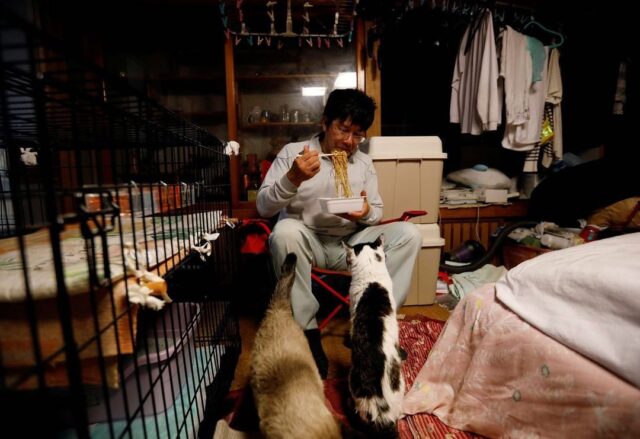
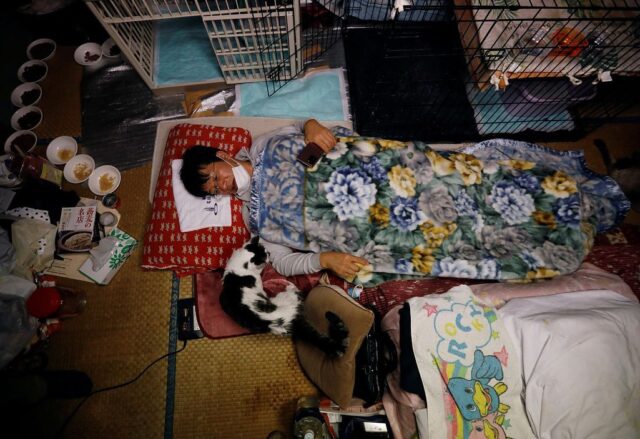
While his land and home are falling into ruin, he’s not thinking about the cost of repair right now. Kato spends roughly $7,000 a month to feed and care for the cat population. Plus, he buys dog food for his canine friend, Pochi. The dog food also goes into feeding the wild boar who haunt the area near his home at dusk, looking to tear up farmland and empty houses.
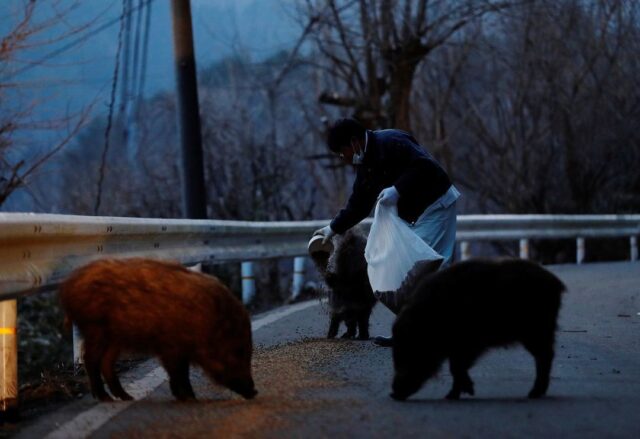
Detained for Compassion
With signs of nuclear decontamination showing in the fields, more residents will soon be back. Hopefully, Kato will be there to greet them. For now, he’s been detained by law enforcement.
On February 25th, Kato was taken into custody by Japanese police on suspicion of freeing wild boar caught in government traps.
At this time, he is still detained.
Yumiko Konishi, a Tokyo veterinarian who helps Kato keep the cats healthy, reports volunteers are caring for the felines while he’s detained, but sadly, one of them has died. The others eagerly await Kato’s return.
